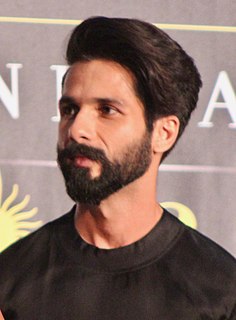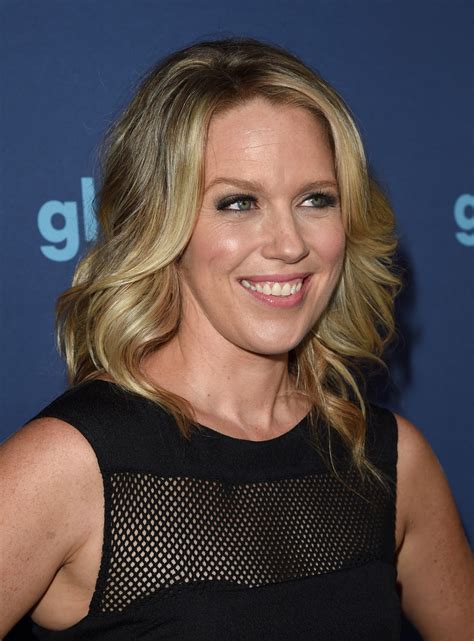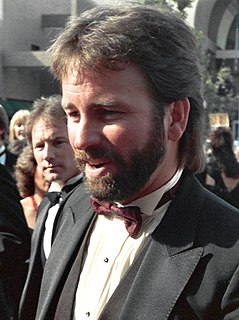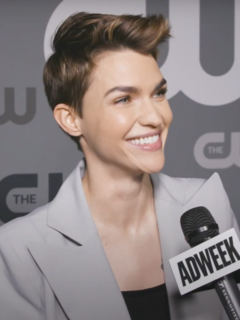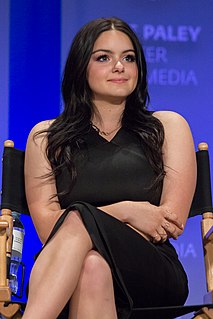A Quote by Garry Marshall
In the middle of Beaches there's a scene from the "Laverne & Shirley" TV show so they see some history of my work in each film.
Related Quotes
Film and television are very different. On the TV show, we do seven or eight scenes a day, so time and money are of the essence, and we have zero room for creativity because you've got to do each scene in only five takes. Whereas, on a film, you have an entire day to film one scene, so you have so much time to choose how you want to fill in a scene.
I thought I was okay in my first film, and then I was really, really bad in some films. I really cringe when I see some of my scenes. There's a scene in one film where a dog is biting me; the expressions I have made should be qualified as the most over-acted scene in the history of the cinema. The dog's expressions were more real than mine.
Some things definitely work better on film than in books. Introspection is great in books but it doesn't work on film. Anything with high intensity, whether it's a love scene, a car chase, a fight scene - those things work so well on film and oftentimes they can tell a much broader part of the story.
In film, it's up to the director to tell the story in whatever way he sees fit, and however you fit into that ultimate vision is where you fit in. So what you did on that stage, on that set, may not be what you ultimately see when you see the final product. And TV works so fast, it works so fast, it's just about product. The average TV show, one episode shoots eight, 10 days. That's it. You get three or four takes for a scene, and then it's over. But people do it for the money.
I actually went to see 'Rushmore,' and I came late, and I missed myself. It was great, that scene. I caught that scene the other day on TV, funny enough, the first scene that you see with Jason Schwartzman and myself, where we talk about his grades. That's a brilliant scene, and I have to say, we play it brilliantly.
I thought of the scene while writing scenes with Rebecca [Hall] and wrote it like an opening montage of showing where someone works. If you see a film about a car mechanic, you'd show the place they work and what they do. So, that's what I set out to do with Rebecca's character. I thought it probably wouldn't even make it into film but I ended up liking it.




